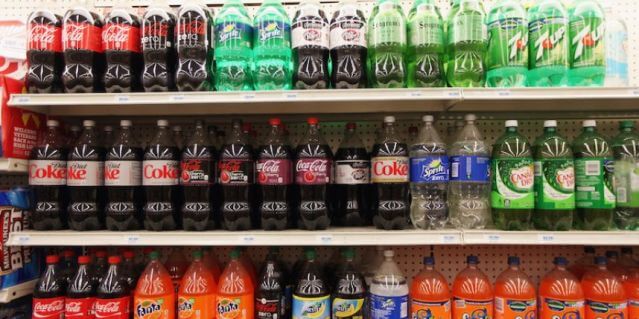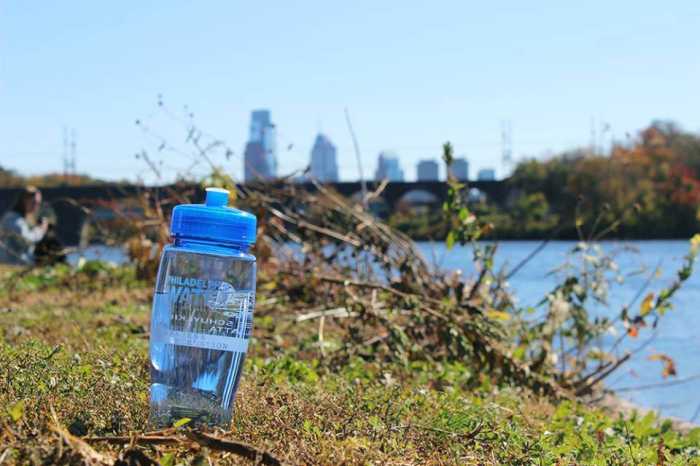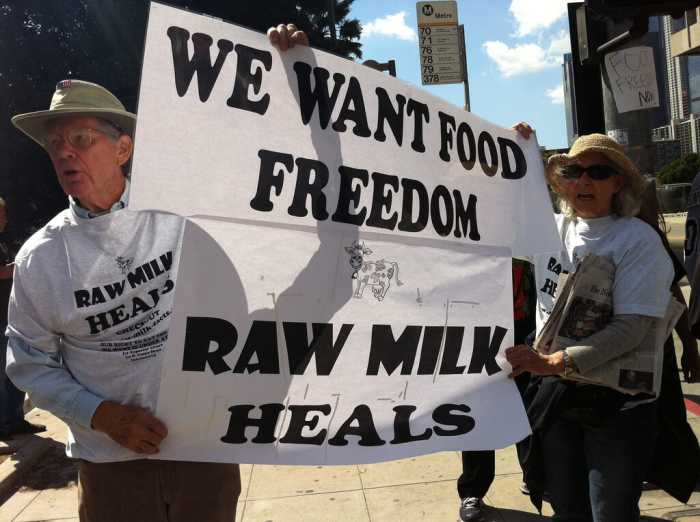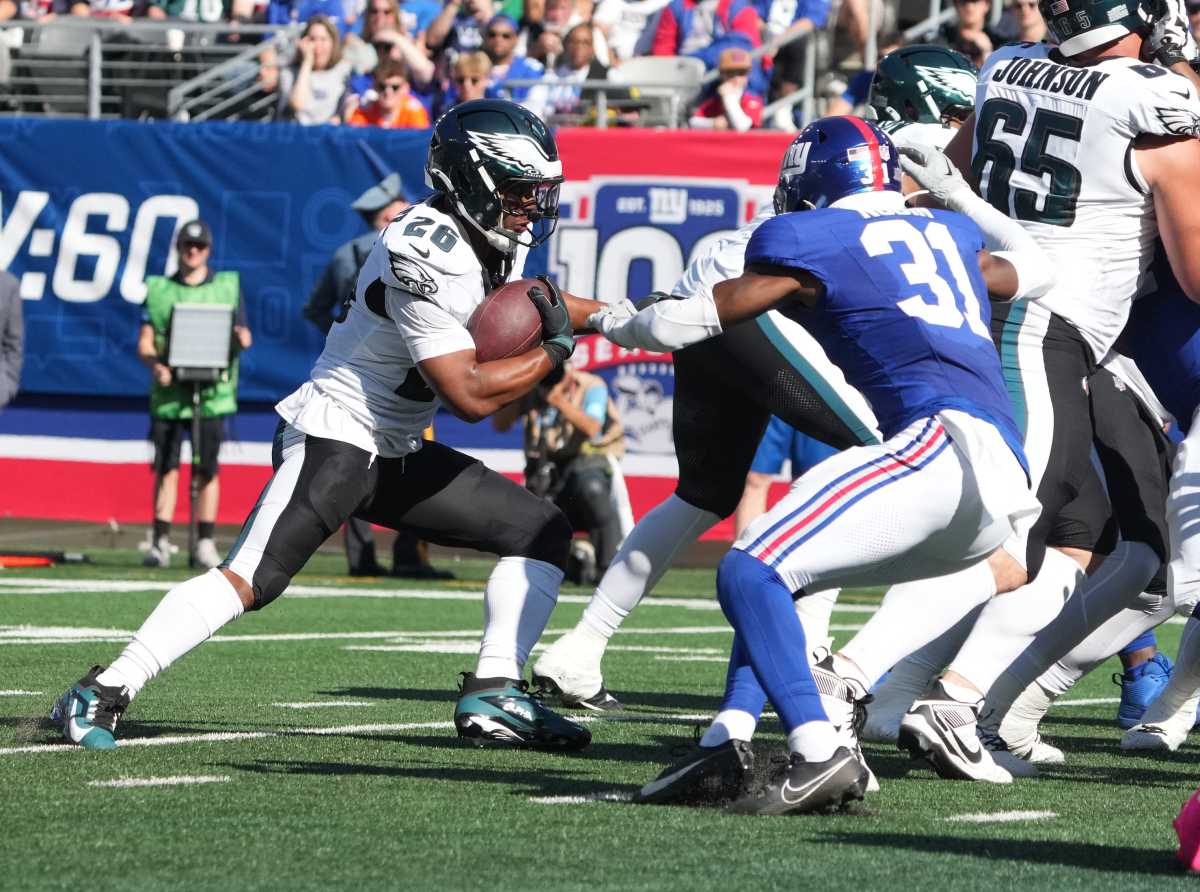In an effort to fight obesity, some cities are considering a “soda tax,” a surcharge on sugary drinks like sodas or energy drinks in an effort to reduce sugar consumption. Anti-soda taxers were not impressed in June when Philadelphia became the first major city to pass a tax on sugary beverages, but a new study suggests real health benefits in the only other city to levy this tax, Berkley, California. A new University of California Berkeley study shows a 21 percent drop the consumption of sugary drinks in Berkeley’s low-income neighborhoods after the city levied a penny-per-ounce tax on sugar-sweetened beverages in March 2015. “Low-income communities bear the brunt of the health consequences of obesity and diabetes, so this decline in soda and sugary beverage consumption is very encouraging,” said study senior author Kristine Madsen, an associate professor of public health at UC Berkeley. “We are looking for tools that support people in making healthy choices, and the soda tax appears to be an effective tool.” In neighboring cities like San Francisco and Oakland, which don’t have a tax on sweet drinks, consumption rose 4 percent in the months after Berkley’s tax was implemented.
Better news, study authors said, is the beverage people are using to replace soda, sports drinks and energy drinks:water.
“Not only was the drop in sugary drink consumption in Berkeley greater than we expected, the apparent shift to less harmful products like water is a very good sign,” Madsen said.
Soda tax helping in fight against obesity: Study

Google Commons



























